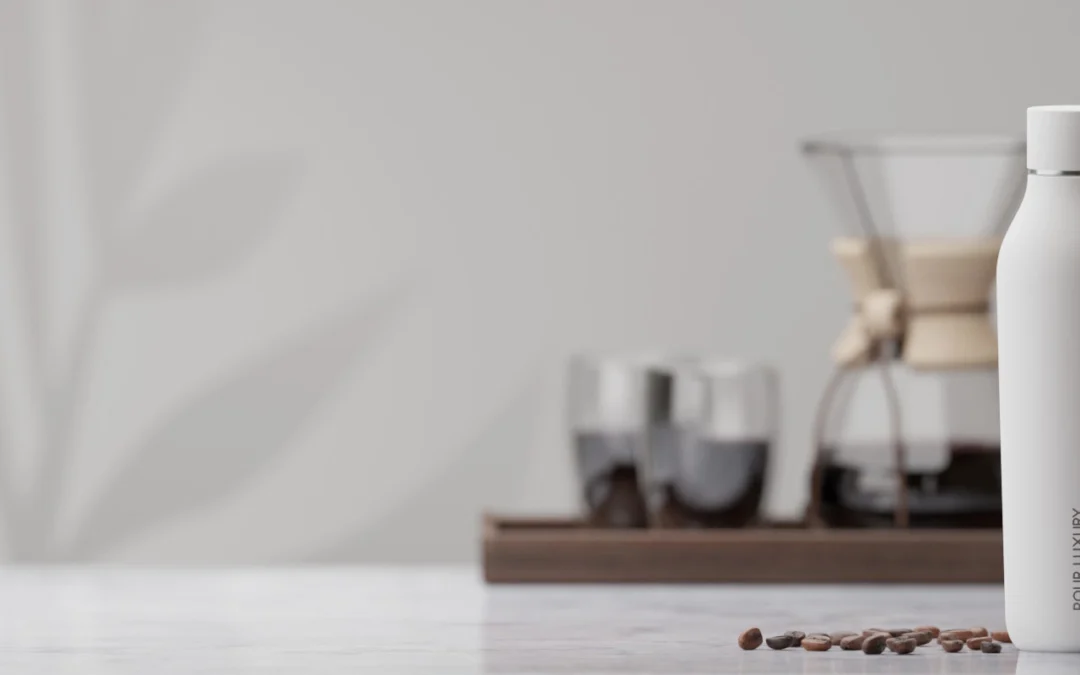In recent years, the safety of drinking tap water in Florida has become a topic of extensive discussion and analysis. Various factors, including the state’s unique geography, the presence of aging infrastructure, and environmental concerns, contribute to the complexity of this issue. Florida’s aquifers, the primary source of its drinking water, are highly susceptible to contamination from both natural and human-made sources. For instance, agricultural runoff, industrial waste, and even naturally occurring substances like sulfur and limestone can affect water quality.
However, it’s essential to note that public water systems in Florida are regulated by the Environmental Protection Agency (EPA) and the Florida Department of Environmental Protection (FDEP) to ensure they meet safe drinking water standards. These agencies require rigorous testing for contaminants such as bacteria, heavy metals, and chemical toxins. Despite these precautions, incidents of water contamination do sometimes occur, leading to boil water notices or advisories in affected areas.
For those interested in ensuring the utmost safety of their drinking water, there are several steps that can be taken. Installing a home water filtration system, regularly testing your tap water (especially if you rely on well water), and staying informed about local water quality reports and advisories are proactive measures to safeguard your health.
Controversies and public concerns surrounding the safety of tap water in Florida often stem from high-profile cases of contamination and the noticeable taste or smell of chlorine in water—used to disinfect but sometimes leaving an undesirable sensory experience. Skepticism also arises due to perceived regulatory lapses or delays in communicating water quality issues to the public. For instance, the delay in issuing advisories following contamination incidents can exacerbate public mistrust towards water safety assurances provided by authorities. Additionally, the impact of climate change, leading to more frequent and severe storms, threatens to further compromise water infrastructure, potentially increasing the risk of contamination. These issues fuel ongoing debates over the adequacy of current safety standards and the need for investment in water infrastructure and technology enhancements. As a result, it is crucial for the government and other stakeholders to work together towards addressing these concerns and ensuring the continued safety of drinking tap water in Florida.
Besides potential health risks, contaminated tap water can also have significant economic consequences. Waterborne illnesses can lead to costly medical bills and lost productivity, especially for vulnerable populations such as children and the elderly. Moreover, contamination events can also harm local economies dependent on tourism, as visitors may be deterred from visiting areas with water safety concerns.
In conclusion, the safety of drinking tap water in Florida is a multifaceted issue that requires ongoing attention and action. While regulations and testing protocols are in place to protect public health, it’s essential for individuals to take proactive measures and stay informed about local water quality. Additionally, continued investment in infrastructure and technology is necessary to address potential risks and maintain the safety of tap water for all Floridians. By working together, we can ensure that access to safe drinking water remains a top priority for the state of Florida. The health and well-being of our communities depend on it.
To further promote the safety of tap water in Florida, education and awareness campaigns can be implemented to inform the public about the importance of water quality testing and proactive measures. Local communities can also play a crucial role by advocating for improvements in water infrastructure and holding authorities accountable for timely communication and action in cases of contamination. Furthermore, incentivizing businesses to adopt eco-friendly practices that reduce pollution in water sources is another way to safeguard drinking



